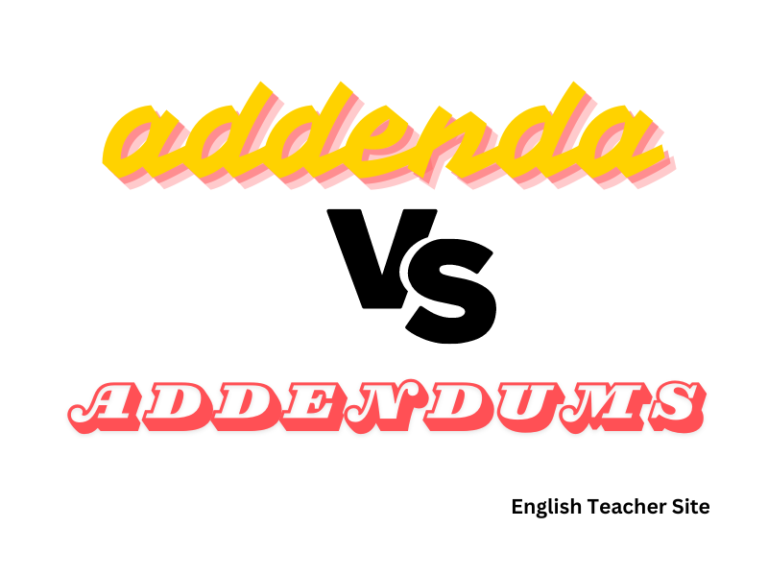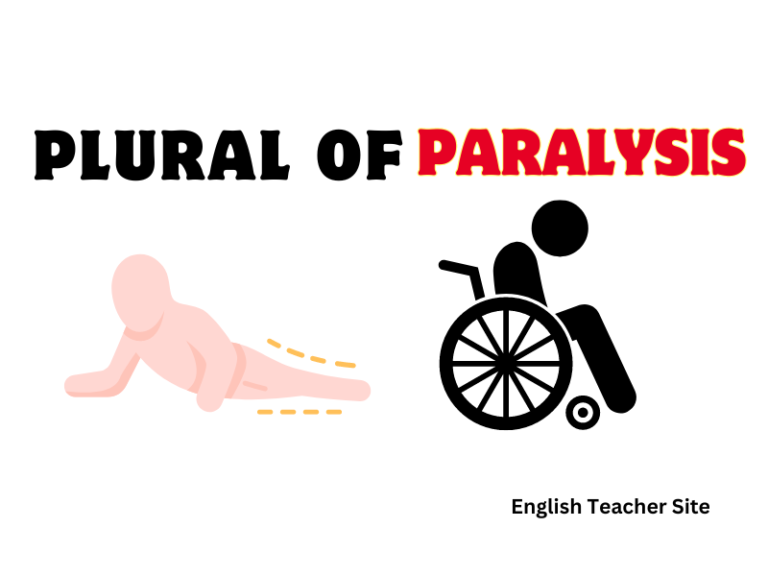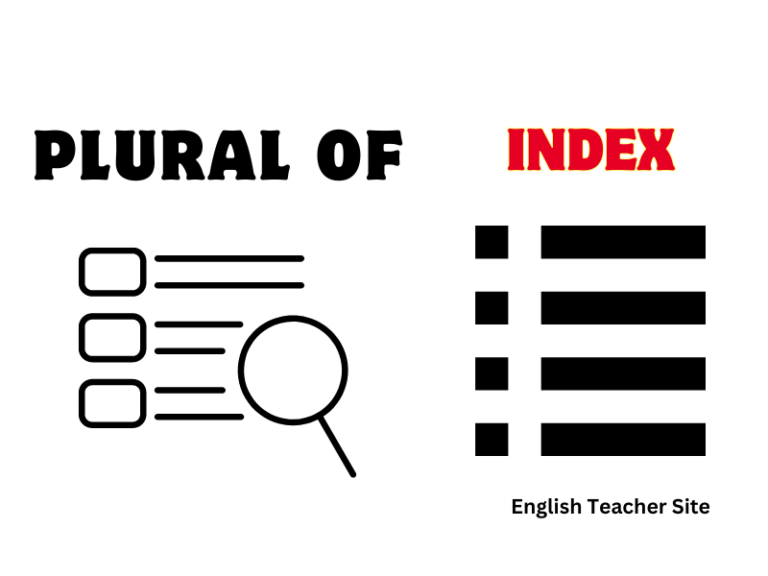What’s the Plural of Formula: Understanding Variations in English

- “Formulas” and “formulae” are both acceptable plurals of “formula,” depending on the context.
- The word “formula” has a Latin origin, influencing its alternative plural form.
- Consistency in using either “formulas” or “formulae” is important for clear communication.
The plural of “formula” is a subject of interest both for those studying the English language and for professionals in fields where precise terminology is crucial. Whether it’s within the realms of mathematics, chemistry, or even baby nutrition, understanding how to correctly pluralize this word can aid in clear communication. In English, words borrowed from other languages often retain their original plural forms, which can lead to a dual set of conventions—one that follows the native rules of English and another that adheres to the origin language. This is the case with “formula,” a word with Latin roots that accepts two different pluralizations.
Understanding Plurals in English
When it comes to understanding plurals in English, it’s essential to recognize the rules that govern them. A singular noun represents one entity, whereas a plural noun denotes more than one. The transformation from singular to plural form can vary and is not always as simple as adding an “s” to the end of a word.
Standard Rules for Forming Plurals
Most nouns adhere to standard rules when transitioning from singular to plural forms:
- For most nouns, simply add an “s” to make them plural.
- If a noun ends in a consonant followed by “y,” change “y” to “i” and add “es.”
- For nouns ending in “o,” “ch,” “sh,” “ss,” or “x,” typically add “es.”
Exceptions and Irregularities
Not all plurals follow a predictable pattern:
- Several nouns retain their Latin or Greek forms, finding plurals such as “formulae” from Latin.
- Others completely change their form in the plural, such as “children” from “child.”
| Regular Endings | Plural Form | Irregular Nouns | Plural Form |
|---|---|---|---|
| -s | desks | child | children |
| -es | churches | woman | women |
| -ies | stories | mouse | mice |
In English, certain word origins influence plural forms. For words with Latin roots like “formula,” the plurals can be “formulas” in American English or “formulae” retaining their Latin pluralization, especially in formal or scientific contexts.
Key Points to Remember
- The plural of “formula” is formulas or formulae.
- American English tends to favor “formulas.”
- More traditional or formal contexts may prefer the Latin “formulae.”
What Does the Word “Formula” Mean?
In its most general sense, “formula” refers to a prescribed or formal method of doing something, often characterized by a sequence of actions or a set of fixed instructions. This concept can manifest in different contexts, as highlighted below:
- Science and Mathematics: A precise rule or equation.
- Pharmacology: A medicinal prescription.
- Cooking: A recipe for preparing a particular dish.
The utility of the term spans from academia to everyday use, encapsulating the specific details necessary to replicate a process or outcome.
| Context | Application of “Formula” |
|---|---|
| Academic Writing | Used to denote a mathematical rule or principle. |
| Chemistry | Refers to the combination of symbols that represent a compound. |
| Social Rituals | A set form of words used in a ceremony or procedure. |
Within mathematical and scientific writing, “formula” assumes a precise nuance, usually representing a mathematical expression or chemical composition—demonstrating relationships between different quantities or elements. These formulas are crucial for conveying complex information in a standardized and recognizable format.
| Discipline | Description |
|---|---|
| Math | Formulas calculate values, define geometric properties, and more. |
| Chemistry | Chemical formulas show the elements in a compound and ratios. |
| Business | Financial formulas assess economic health and forecast outcomes. |
Other (Latin) Nouns
Classical vs. Modern Plurals
| Latin Origin | Classical Plural | Modern Plural |
|---|---|---|
| Radius | Radii | Radiuses |
| Alumnus | Alumni | Alumnuses |
| Index | Indices | Indexes |
| Vertex | Vertices | Vertexes |
Each of these words follows a pattern where the Latin plural typically ends in “-i” or “-ae”, while the modern English version uses the more familiar “-es” or “-s”.
Usage Variations
When considering the preferred plural form, context plays a crucial part. In academic and formal writing, classical plurals may be more accepted, while in everyday usage, modern plural forms are frequently encountered. Here are some additional examples:
- Cactus: In botanical contexts, “cacti” may be employed, but you’ll often find “cactuses” in general use.
- Datum: Though “data” is the classical plural and used in scientific and technical fields, “datums” appears in surveying and information science contexts.
- Medium: In the context of communication mediums, “media” is the classical plural; however, “mediums” is used when referring to spiritual intermediaries.
Examples of the Word Formula (Used in Sentences)
Singular Use:
- In her chemistry class, she learned the formula for water is H₂O.
- The baby needs his feeding formula before bedtime.
Plural Uses:
- The mathematician explained that quadratic formulas can help solve polynomial equations.
- Different cultures have their own formulae for traditional dishes.
In Sentences:
| Singular | Plural |
|---|---|
| The lab technician carefully wrote down the formula for the compound. | Across various fields, multiple formulas provide solutions. |
| His winning strategy was based on a simple yet effective formula. | Different formulae were discussed during the physics conference. |
Using “formula” in a more abstract sense:
- Success in this industry is not guaranteed by any given formula.
- They reviewed historical data to devise a new formula for predicting market trends.
Formulas are crucial for providing clear and consistent methods in diverse disciplines ranging from cooking to cosmology:
- In the cookbook, there were formulas for each pastry.
- Surgeons adhere to strict formulas when preparing for operations.
Origin of the Word “Formula”
The term formula originated in the early 17th century, derived from Latin, where it essentially meant a small form or method. In this concise origin story, our focus is not just on the word but its journey through time and how it became a part of the English lexicon.
Etymological Roots:
- Latin: The term is a diminutive of forma, meaning form or shape.
- Meaning Evolution: Initially, it indicated a method or rule, especially in law or science.
- Usage in English: It began as a word used in ceremonies or ritual contexts.
| Era | Description |
|---|---|
| 1630s | Used in English for ceremonial words |
| Later Years | Transitioned to signify a scientific or legal method |
In modern contexts, formula refers to a prescribed or set form of words, particularly in mathematics, science, or legal documents.
Adoption in English:
- First usage as a borrowed Latin term
- Gradually integrated into common English language
- Expanded in meaning to include a set sequence or method in various disciplines
The pluralization of formula has caused some debate, but two forms are accepted today:
| Latin Plural | English Plural |
|---|---|
| Formulae | Formulas |
- Formulae is often linked with academic or scholarly texts.
- Formulas is prevalent in everyday English usage.
Sources
1. Harper Douglas, “Etymology of formula,” Online Etymology Dictionary.
My name is Khamis Maiouf. I am the creator of the English Teacher Site, dedicated to providing valuable resources and insights for students around the world. With a passion for education and a commitment to helping students enhance their skills, I aim to make English teaching more effective and enjoyable for both educators and students.






